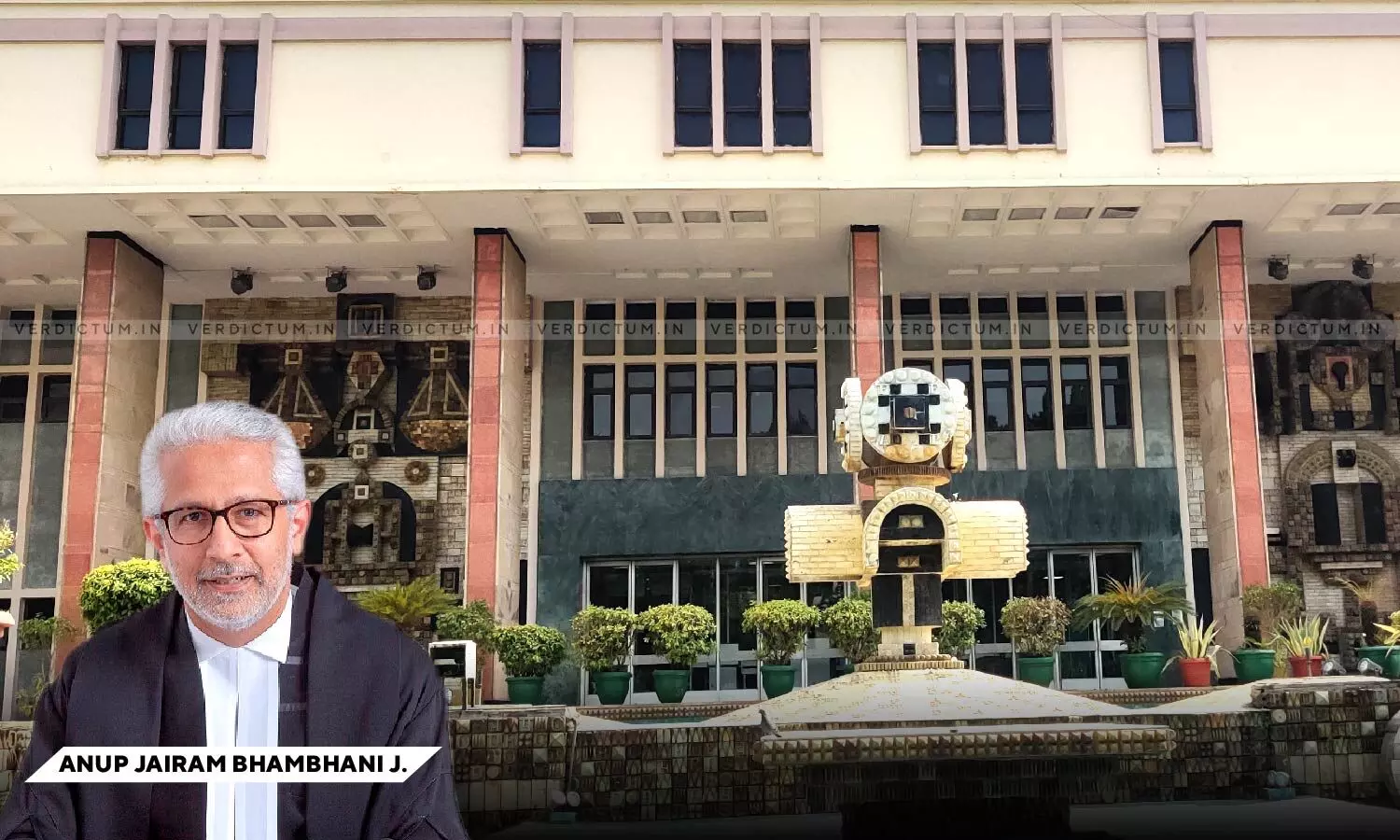
Delhi HC To Lay Down Guidelines To Ensure That Summoning Orders In Cheque Bounce Cases Are Not Issued Mechanically
 |
|The Delhi High Court said that it will lay down guidelines to ensure that summoning orders in cheque bounce cases are not issued mechanically.
The Court said that summoning orders should contain at least a brief discussion on the most basic but essential ingredients of the offence under section 138 of the Negotiable Instruments Act.
A Single Bench of Justice Anup Jairam Bhambhani observed, “The mere rote recitation in the impugned order that…There is sufficient material before this Court to proceed against the accused. I hereby take cognizance of the offence under section 138 of the NI Act…does not in the least reflect application of mind by the learned Magistrate.”
Advocate Mrinal Kumar Sharma appeared for the petitioners, while Advocate Tejas Karia represented the respondents.
The petition filed under Section of the 482 Cr.P.C. sought to quash the summoning order passed by the Magistrate under Section 138 of the NI Act.
It was argued that the summoning order was passed on a mechanical basis without any application of mind and without any reasons having been recorded for issuance of summons to the parties.
The Bench stated that the summoning order by the Magistrate did not disclose “any specifics or particulars in relation to the case at hand, so much so that even the date or number of the dishonoured cheque, the bank upon which it was drawn, the date of the cheque return memo, the particulars of the mandatory statutory notice required under section 138 NI Act, or the service of such notice upon the petitioners, are nowhere referred to or mentioned in the summoning order.”
“This court is of the view that the present case exemplifies a widely prevailing practice that needs to be corrected, namely the practice of issuing summons in criminal complaints under section 138 of the NI Act in a perfunctory and routine manner, without application of mind,” the Court remarked.
The Court explained that a summoning order based on a ‘template order’ that could be adopted to issue summons to any person in any complaint filed under section 138 NI Act, was passed without any application of mind to the facts of a given case.
Consequently, the Court held, “It is necessary to lay down certain prerequisites that a Magistrate must address and that must be reflected in summoning orders in cases under section 138 NI Act, so as to ensure that summoning orders are not issued mechanically; and that they contain at least a brief discussion on the most basic but essential ingredients of the offence under section 138 of the NI Act.”
Accordingly, the High Court treated the matter as ‘part-heard’ and listed for further hearing on August 20, 2024.
Cause Title: Aeiforia Constructions Pvt. Ltd. & Anr. v. Continental Carbon India Pvt. Ltd. & Anr.
Appearance:
Petitioners: Advocates Mrinal Kumar Sharma and Gyanesh Bhardwaj
Respondents: Advocates Tejas Karia, Prakhar Deep, Nishant Doshi, Nitin Sharma, and Shally Goyal